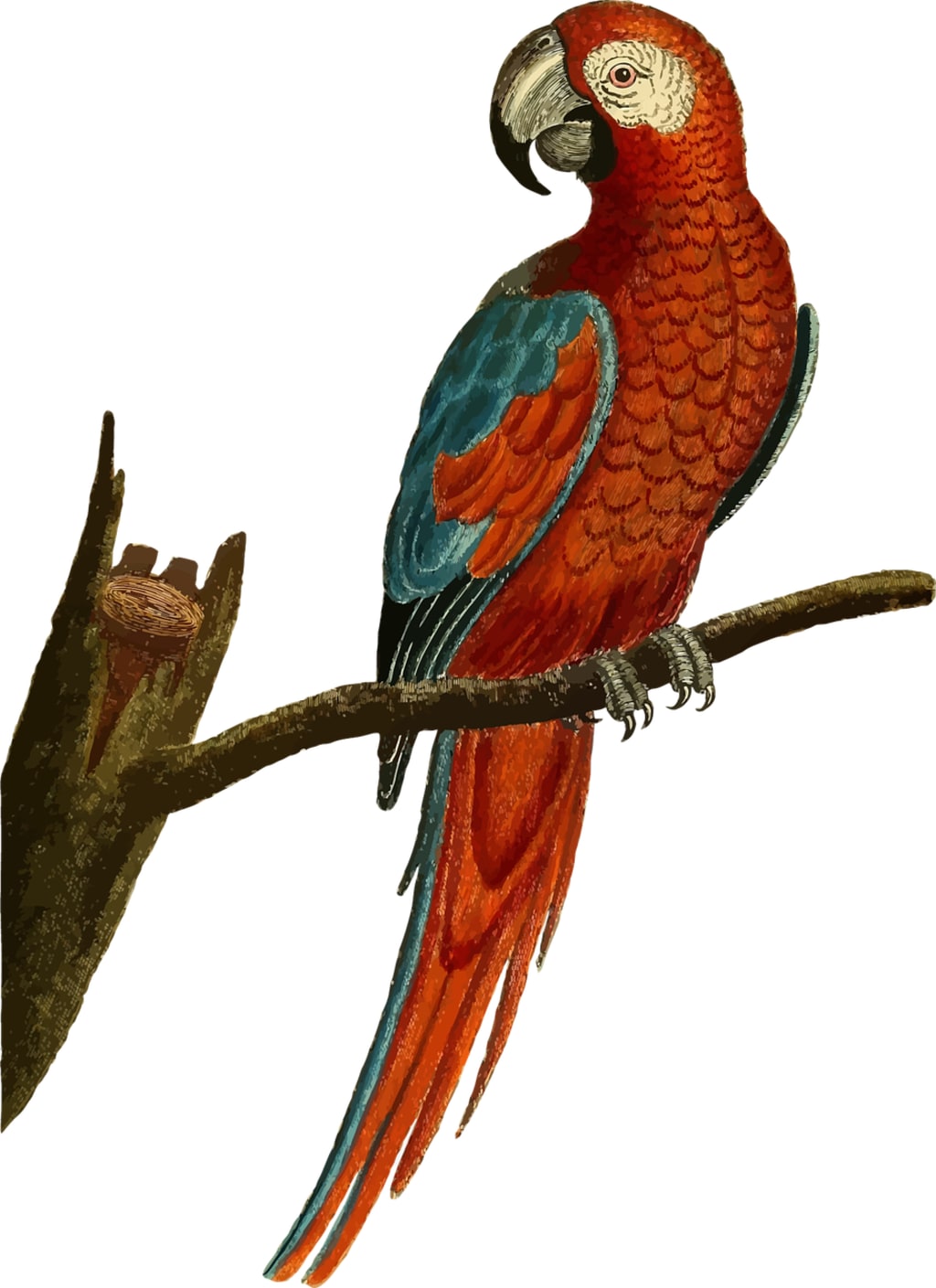
A parrot with the same British accent as its owner went missing in 2010. When they were reunited four years later, there was a clear sign that time had passed: the parrot had dropped its British accent and was now babbling away in Spanish. The only other animals that can mimic human speech are parrots and various other birds. And some parrots are remarkably adept at it. The majority of wild parrots are very social, so how is this possible? They communicate vocally to coordinate group movements, display their territorial intent, and engage in mating behavior. Individual parrots must be able to communicate with many others because some species of flocks alternately split and fuse. When other birds are not in view, parrots communicate and maintain contact using contact calls.
According to the species and the size of their flocks, however, these calls are used differently. Monk parakeets, for instance, live in large colonies and have distinctive contact calls that make them stand out. Contrarily, Yellow-naped Amazon parrots forage in smaller groups and share a wide range of similar contact calls. The ability of yellow-naped Amazons and some other parrots to accurately mimic a variety of sounds, including the human voice, may be partially due to their need for sophisticated mimicry. A person would string these sounds together using their larynx, the organ at the top of their windpipe, to make a parrot actually say, "Polly wants a cracker.". It has muscle rings and a vibrating membrane that regulates airflow. Using their lips and tongue, they would precisely form the vocalization into articulated words.
However, a parrot's syrinx, which is situated at the end of its windpipe, would be where the sound would come from. Two vibrating membranes are present within this organ in many other birds. However, just like humans, parrots only have one. Parrots use their tongues and beaks to shape sounds as they exit the airway. The ability to manipulate seeds and nuts with their tongues, which are particularly flexible and strong, allows them to do this. Despite having rigid beaks, parrots have very flexible jaw joints, which gives them great control over how wide and quickly their beaks open. The interconnected regions in a parrot's brain, like those of other animals with learned vocalizations, enable it to hear, remember, alter, and produce complex sounds. The brains of songbirds only have one song system, whereas almost all parrots appear to have an additional circuit. This may allow them greater flexibility when learning both their own and our species' calls, according to scientists.
Parrots can bark, scream, curse, and recite facts thanks to their unique anatomy. One brave parrot who was lost found his way home by giving kind strangers his full name and address. The majority of captive parrots likely speak in an effort to form social bonds in the absence of their own species, which begs the question of whether or not they actually understand what they're saying. Many people probably have associations with words and may be drawn to those that cause particular reactions, which explains their propensity for profanity. But parrots have been seen to use words in the right contexts and give them meaning after training, such as saying "goodnight" at the end of the day, requesting specific treats, or picking and counting objects. When he questioned what color he was, a highly trained African grey parrot by the name of Alex made history as the first non-human animal to do so. Parrots never cease to amaze us, as they have done for millennia, whether they are singing Beyoncé, head-banging to classic rock, or yelling expletives at zoo visitors.
However, our fascination with parrots has also put them in danger. Wild populations have dramatically declined as a result of habitat loss from deforestation and poaching as well as trade in pets and pet products. We must protect and study parrots in the wild if we are to comprehend them completely.
About the Creator
Enjoyed the story? Support the Creator.
Subscribe for free to receive all their stories in your feed. You could also pledge your support or give them a one-off tip, letting them know you appreciate their work.






Comments
There are no comments for this story
Be the first to respond and start the conversation.